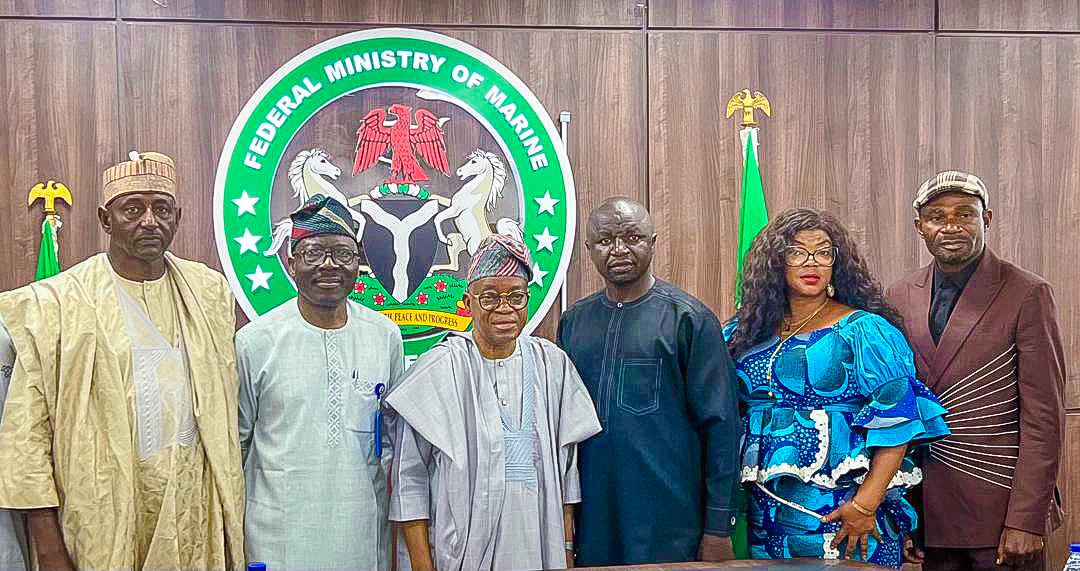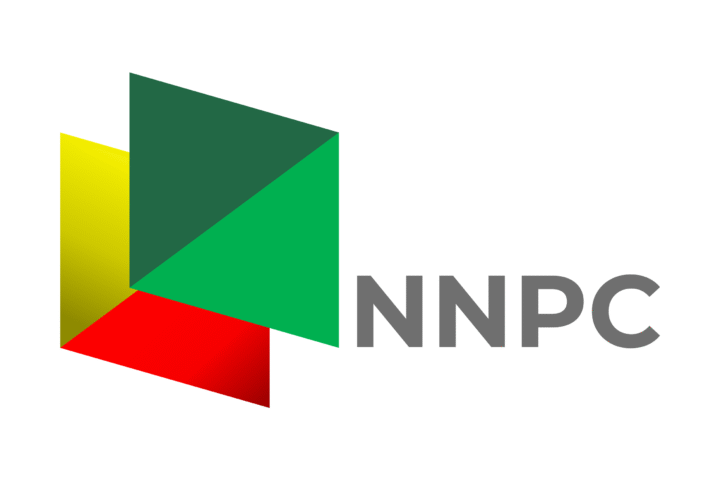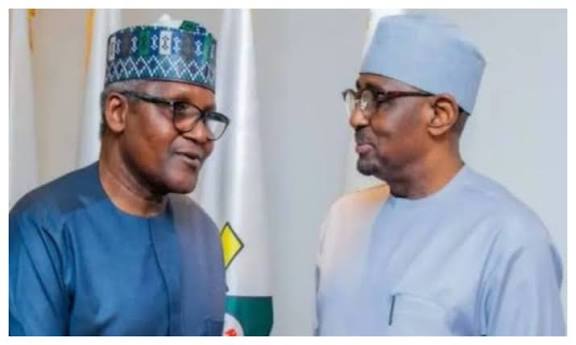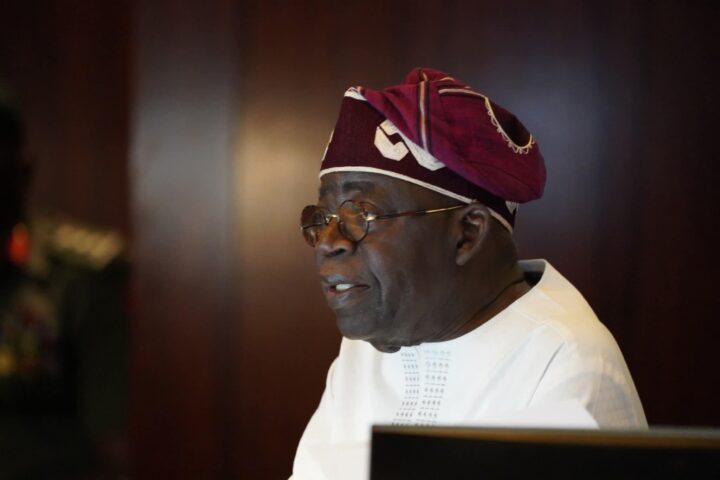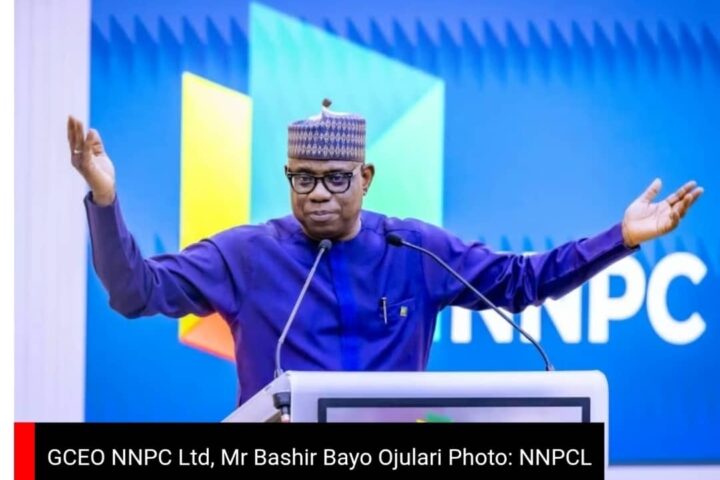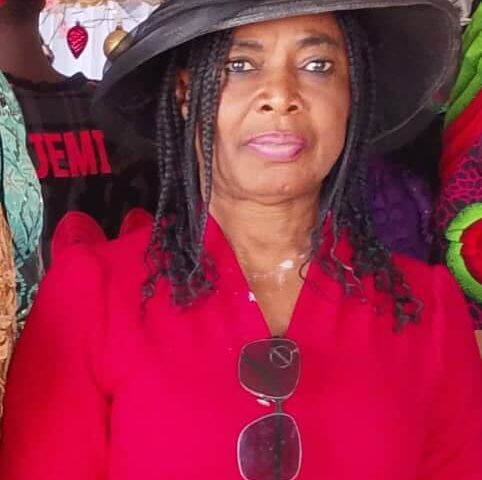The Federal Government has vowed to boost local fish production in order to end Nigeria’s dependence on fish importation.
The Minister of Marine and Blue Economy, Adegboyega Oyetola, made at a high-level consultative meeting with fisheries cooperative groups in Abuja,on Wednesday.
Dr. Bolaji Akinola, Special Adviser on Media and Communications to the Minister, quoted his boss in a statement as outlining a bold vision aimed at transforming the nation’s aquaculture sector into a powerhouse of food security, employment, and export competitiveness.
“Nigeria must chart a new course towards self-sufficiency in fish production,” Oyetola emphasised that the Federal Government is fully committed to supporting the fisheries and aquaculture subsector through policy, technical support, and financial inclusion.
“We will scale up domestic fish production, reduce dependency on imports, and reposition the sector for sustainable growth,” he said.
The meeting, convened by the Federal Ministry of Marine and Blue Economy, brought together leaders and members of major fisheries and aquaculture associations, including the Fisheries Cooperative Federation of Nigeria (FCFN), Tilapia Aquaculture Developers Association of Nigeria (TADAN), Catfish Farmers Association of Nigeria (CAFAN), Women in Fish Farming and Aquaculture, and the Practicing Farmers Association of Nigeria.
Oyetola disclosed that the Ministry is intensifying efforts to support women and youth in the fishing sector, stating that start-up grants and other empowerment initiatives are already in the pipeline. He said this move aligns with President Bola Ahmed Tinubu’s Renewed Hope Agenda, which prioritises youth engagement and economic diversification.
“Increasing youth participation in aquaculture is not only vital for food production but also a strategic solution to reducing unemployment,” the Minister said. “We are committed to ensuring that young people and women are not left behind in this transformation.”
At the interactive session, participants raised a wide range of pressing challenges currently facing the sector.
These included overfishing, environmental degradation, lack of access to affordable finance, post-harvest losses, inadequate cold storage infrastructure, poor transportation and market linkages, low youth involvement, multiple taxation by local government authorities, and the rising cost of imported fish feed.
Reacting, Minister Oyetola assured that the Ministry is already engaging stakeholders, both local and international, to tackle the identified issues head-on.
He revealed that discussions are ongoing with the World Bank to secure financial support for fish farmers and that the Ministry will be collaborating with the Nigerian Agricultural Insurance Corporation (NAIC) to ensure affordable and accessible insurance coverage for fish farmers across the country.
“We are also in talks with the Federal Ministry of Water Resources to replicate the successful aquaculture model at the Oyan Dam in other parts of the country,” he added, pointing to integrated planning and inter-ministerial cooperation as key pillars of the strategy.
“This meeting is not the end — it is the beginning of a sustained and transformative dialogue,” the Minister added.


